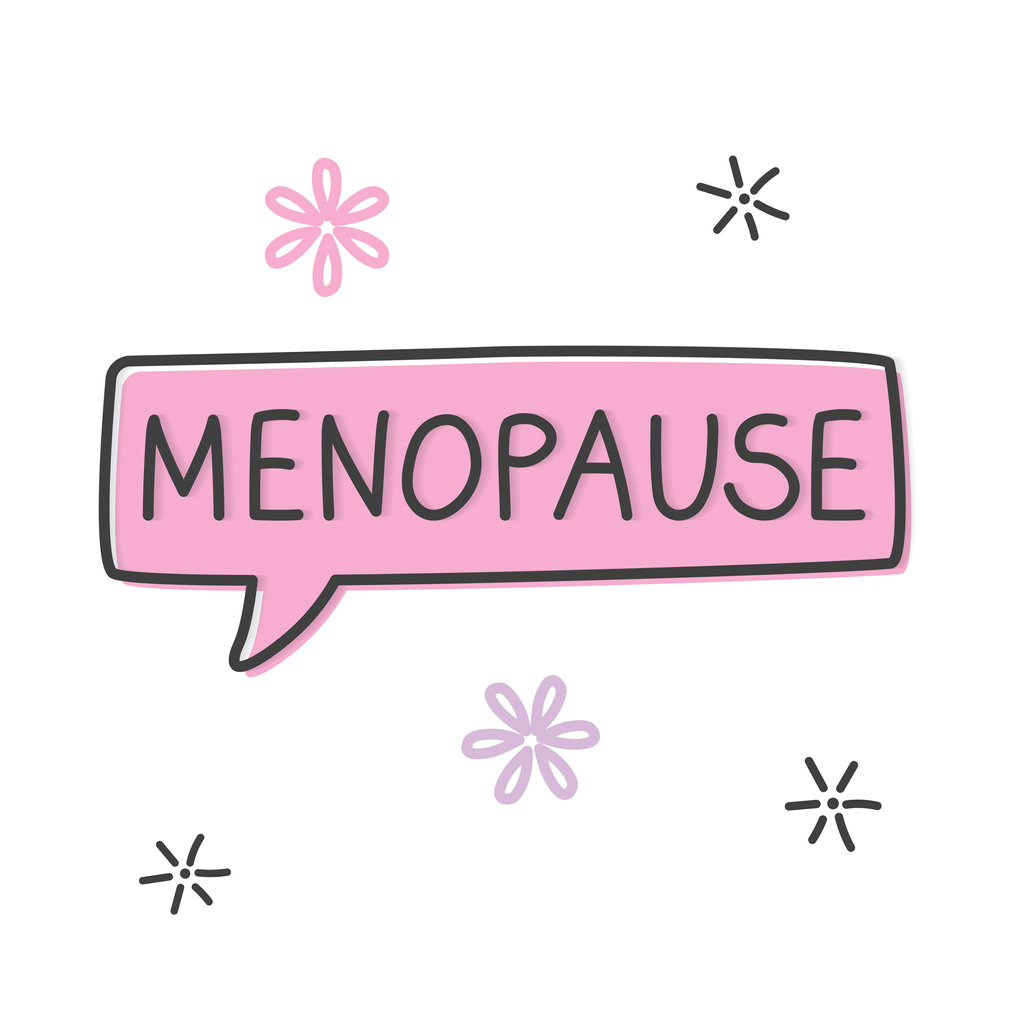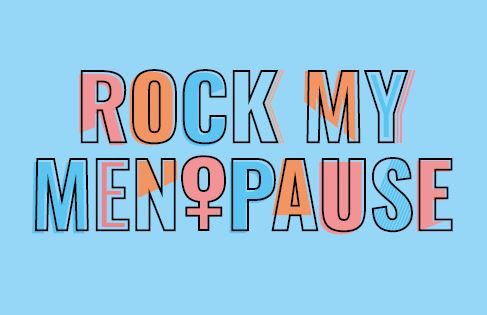The word ‘menopause’ comes from ‘meno’, meaning your menstrual cycle, and ‘pause’, meaning to stop. The medical definition of menopause is when you have not had your period for at least 12 months.
However, menopause is commonly used as a catch-all term to encompass perimenopause and the symptoms that come from the changes in hormone levels, whether this comes naturally or through illness or treatment.
Key menopause facts
- The average age of a person going through a natural menopause is 51-years-old
- If you’re younger than 45, it is called an early menopause
- Before the age of 40, it is known as a premature menopause, or Premature Ovarian Insufficiency (POI)
- By the age of 54, 80% of women will have stopped having periods
There are many menopause resources now available, including ‘RockMyMenopause’ which aims to: ’empower you with the information you need to become menopause aware to talk to your GP and loved ones with confidence.’
See our ‘Helpful resources’ section below for other sites that may help you to understand your symptoms more so you can manage your menopause with confidence.







